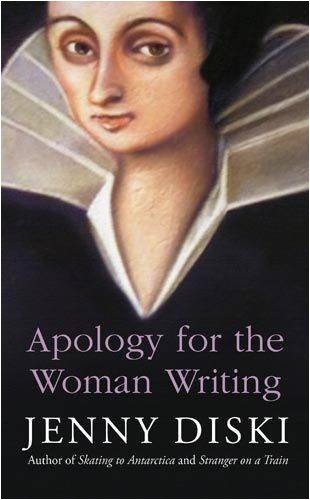Apology For The Woman Writing
France in the 16th century. Marie de Gournay is a self-educated “difficult” child whose life is centred in her dead father’s library in Picardy. An uncle gives her a copy of Michel de Montaigne’s Essays, and Marie is besotted with the book and the author’s elegant expression and direct narrative voice. She engineers a meeting with her hero and inveigles him into adopting her as his literary helpmate, although for Montaigne it is more of way of extricating himself from an awkward position. Nevertheless, Marie thus achieves her ambition and becomes involved in assisting Montaigne with producing further editions of his Essays. Marie’s belief in her own literary abilities are shared by no-one else though, including, crucially and unknown to Marie, Montaigne.
Following her mentor’s death, Marie appoints herself as the guardian of his literary reputation and for the reminder of her life as a confirmed spinster, she constantly campaigns to achieve acceptance as a one of a then almost-unknown species—a woman of letters of non-noble birth. The problem is Marie constantly overestimates her own literary abilities and thus becomes a figure of fun, even into her old age, in the demanding and competitively cruel, predominantly masculine cultural world of Paris in the early 17th century. Her only constant companion is her servant of 45 years, Nicole Jermyn, who watches by the bedside of Marie as death approaches.
This is a highly literary and engaging novel that is firmly set in the world of literature, of writing and reading. It is also a tale of obsession and self-duplicity, as well as having a feminist trope that demonstrates the difficulties women faced in having any sort of independence or a chosen career. Marie de Gournay was a real person, and thus the essential structure is based on historical events, but as Jenny Diski admits in a suffix, there is much that has to be invented to make the book work as fiction. This is a thought-provoking, strikingly original and superbly narrated novel.










